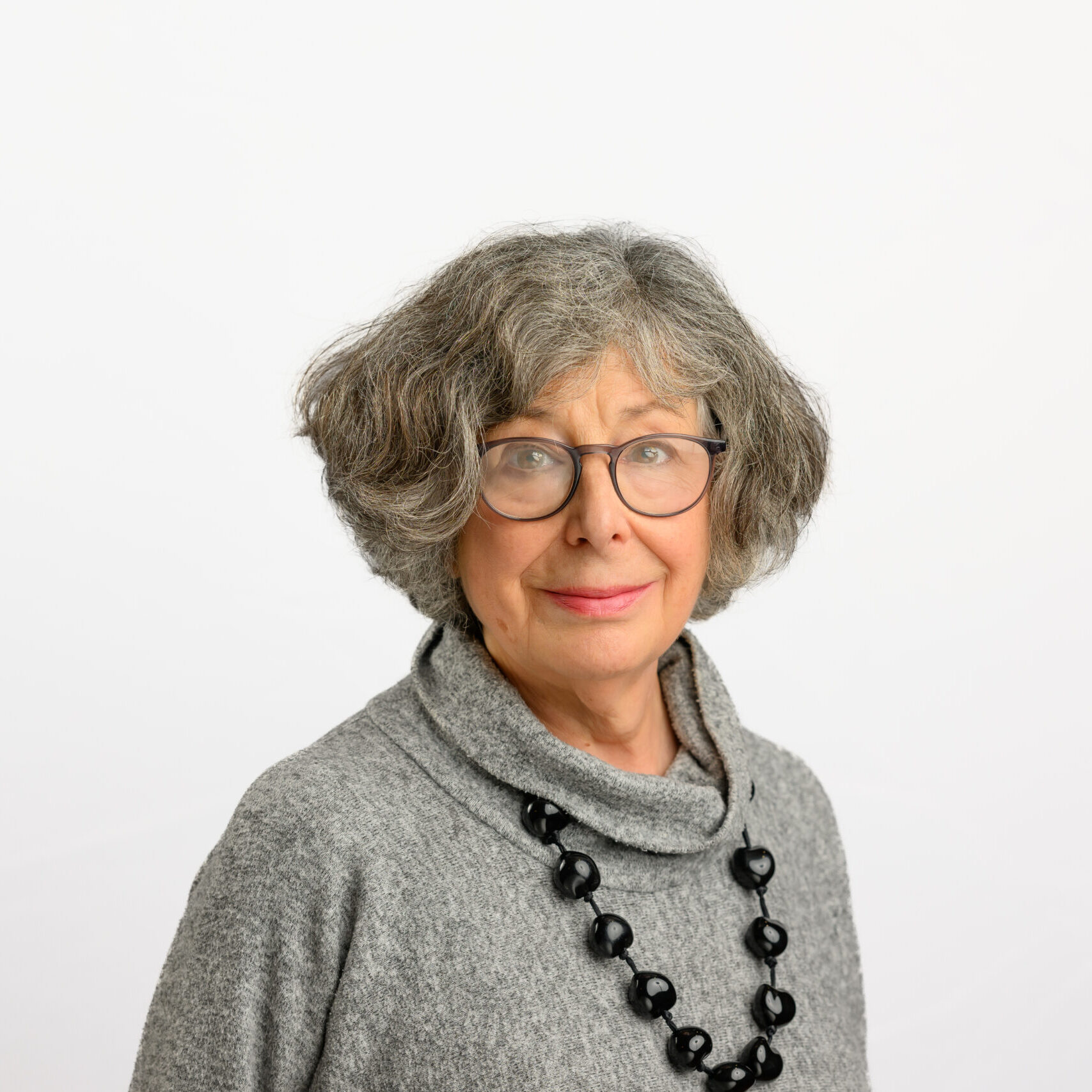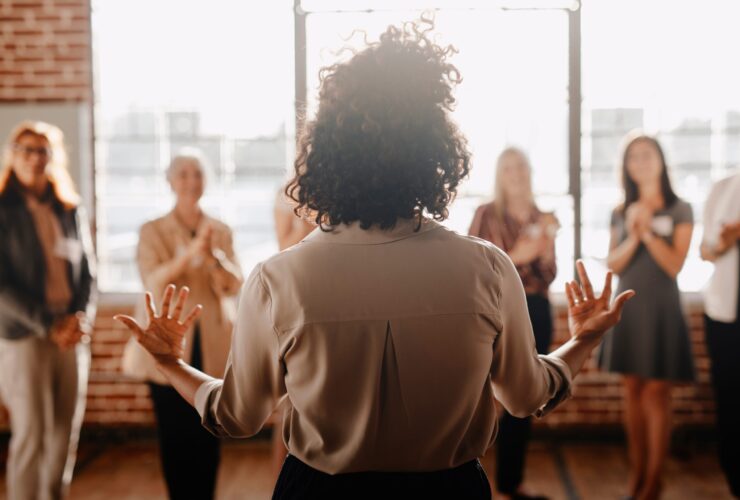War & Peace – Reframing my Convictions
War & Peace – Reframing my Convictions
What can a mediator learn from studying conflict in the context of war and peace? In this reflection, Jackie explores how unexpected academic insights have deepened her understanding of mediation, challenged her convictions, and revealed new ways of thinking about building sustainable peace.
WRITTEN BY JACKIE ELLIMAN
What happens when a mediator decides to study Conflict Resolution, because it seems to offer a closer look at an already familiar subject?
Well, for me it’s been two years of surprises and of steep learning curves.
My first shock was when I realised I was in the War Studies department. Me, a pacifist drama graduate with a passion for mediation. I realised this late in the day, as my decision to sign up for an MA in Conflict Resolution was slightly impulsive, and my choice of King’s College was made because their focus on Divided Societies reflected my interests, so I probably didn’t read the small print too closely. My mid-life retraining as a lawyer, and my subsequent involvement in the world of ADR, were also the result of snap decisions. None of them have led quite to what I expected, all have enriched my life massively.
The next surprise was how little of my studies were related to mediation. More disappointingly still, those that were all seemed to involve practical exercises, with too many people role playing in one room. I’m hearing impaired, which is not a problem in real life mediation, where I can control seating arrangements, but ironically this totally stymied my ability to play act mediation.
I was also new to the academic world of social science, and it’s taken me a while to understand what that actually means in terms of written work. I felt a base moment of triumph recently when I read an academic piece and found myself thinking “not enough analysis, far too many quotes”, after two years when that comment almost certainly summed up my own writing.
What have I learned? I have learned much about the importance of civil society in making a better world. Something, that resonated with me as a volunteer with Lambeth Mediation Service, which came into being as a grass roots response to the Brixton Riots.

I have finally come to acknowledge that war, sadly, is probably inevitable, given human nature. This makes it even more important to understand the elements that seem to help build the best possible, most sustainable, peace.
I have discovered that, whilst the work of most of the theorists relates to the bigger picture of war and peace, those I have particularly enjoyed do offer universal views that apply as much to small mediations as to global combat. Galtung’s definitions of conflict types and conflict resolution stages are a key starting point. Zartman’s definitions of “hurting stalemates” and “ripeness for mediation” will feel familiar to all of us who have tried to talk reluctant parties to the mediation table. Mac Ginty’s ideas on how peace making should emanate from societies, rather than being imposed on them, and his concept of “everyday peace making” will resonate with everyone who has been a community mediator. Much as I enjoyed these theorists though, it was a particular pleasure to revisit the writing of Gabrielle Rifkind, who believed early intervention by “private” rather than “state” mediators, could be an effective peace making model, as she sees our practice as being faster, more flexible and more creative than that of the diplomats.
Along the way, I’ve also learned more than I ever wanted to about the horrors of the Congo. I’ve been deeply impressed by the achievements of the women of Syria and the West Bank, who strengthened civil society at various times in the history of their repressive, war-torn countries. The extremely modular nature of my course has meant I also studied propaganda, a horribly pertinent subject in this AI age of information, misinformation and disinformation. And I’ve developed a strong fascination with the history, and very varied practice, of non-violent activism.
Right now, by way of conclusion for the time being, I’m drafting a dissertation that takes an in depth look at the ways in which the Performing Arts may contribute to peace building.
Jackie Elliman‘s career spans theatre, law, and mediation. After an early career in theatre administration and marketing, she retrained as a lawyer to better support arts practitioners. Since 2002 she has worked at the Independent Theatre Council, advising on legal issues and negotiating with industry unions. She discovered mediation over 20 years ago and has since mediated disputes across commercial, workplace, and community contexts, where emotions often outweighed financial concerns. Jackie is CEDR accredited, CMC registered, and holds a CIArb diploma in arbitration. She is currently completing an MA in Conflict Resolution while continuing her focus on dispute resolution and charitable governance.




